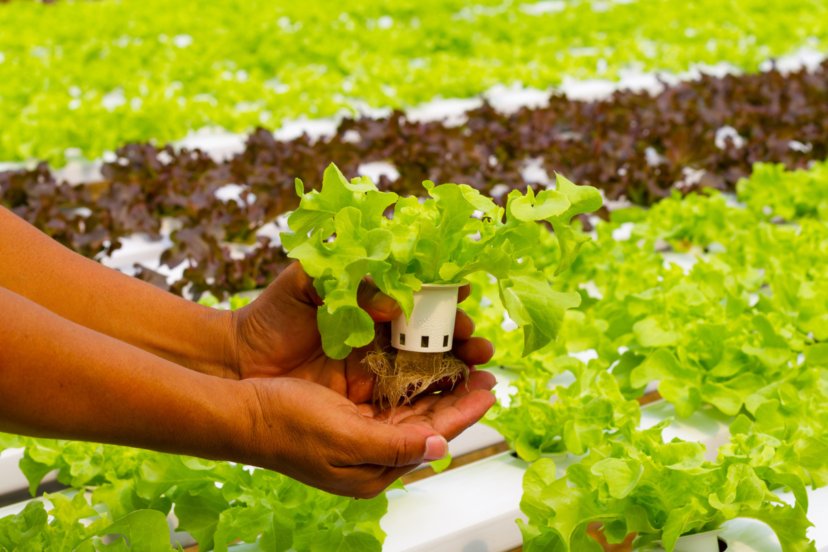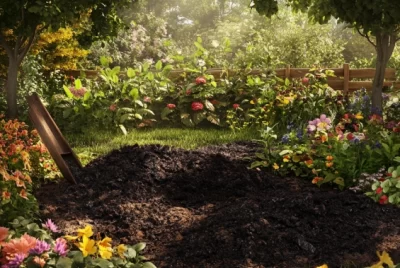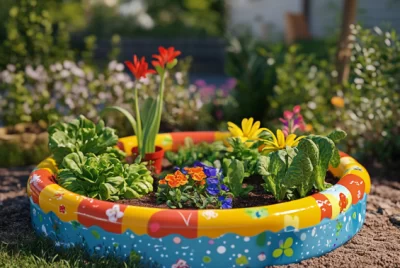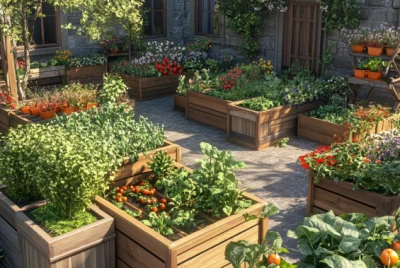Disadvantages of Hydroponics: A Critical Look
Introduction to Hydroponics and Its Challenges
Let’s talk about the disadvantages of hydroponics. On this site, we have spent much time talking about hydroponics, the revolutionary soil-free farming technique. It’s like magic, watching plants grow in water and nutrients! But as with any magic trick, there’s more than meets the eye. Hydroponics, while innovative, comes with its own set of challenges. Let’s dive into this world and uncover some of these not-so-obvious pitfalls.
Understanding Hydroponics
Have you ever wondered how plants can grow without soil? Hydroponics does just that – it uses nutrient-rich water to nourish plants. Imagine feeding plants a balanced diet directly to their roots!
The Rising Popularity of Hydroponics
Hydroponics has been gaining traction, especially in urban areas and places with harsh farming conditions. But why is it not the solution to all our agricultural problems? Let’s find out.
The Disadvantages of Hydroponics
High Initial Setup Costs
One of the major disadvantages of hydroponics is the cost. Setting up a hydroponic system isn’t cheap. Think of it like starting a high-tech lab – you need all sorts of equipment, from tanks to pumps and specialized lights.
The Cost of Equipment and Materials
We’re talking about grow lights, nutrient solutions, water reservoirs, and more. It’s like setting up an aquarium but for plants!
Long-Term Financial Implications
And it’s not just the initial setup. Maintaining a hydroponic system can also be a financial burden over time. It’s like owning a car – the expenses don’t stop at purchase.
Technical Complexity and Maintenance
Hydroponics isn’t a set-it-and-forget-it kind of deal. It requires constant monitoring and adjustments. Think of it as a science experiment where the variables keep changing.
Required Expertise and Knowledge
To successfully run a hydroponic system, you need a good understanding of plant nutrition and water chemistry. It’s like being a chef and a chemist rolled into one.
Ongoing Maintenance Challenges
You’ll need to regularly check the pH levels, nutrient concentrations, and water quality. It’s akin to caring for a very delicate pet.
Vulnerability to Power Outages
Hydroponic systems heavily rely on electricity. A power outage can be disastrous, much like how a blackout affects a hospital.
Dependency on Electricity
Every aspect, from water pumps to grow lights, needs power. It’s like having an entire ecosystem dependent on a steady electric supply.
Potential Losses During Power Failures
In the event of a power outage, plants can suffer or even die. Imagine a fish tank without a working filter – things can go south quickly.
Water and Nutrient Management Issues
Balancing the water and nutrients is a delicate dance. Too much or too little of either can lead to poor plant growth or disease. It’s a tightrope walk of ensuring that plants get just the right amount of nutrients and water. Think of it as baking a cake – the right proportions are key.
Risks of Waterborne Diseases
Just like humans can catch colds in crowded places, plants in hydroponic systems can easily spread diseases if the water isn’t properly managed.
Environmental Concerns
While hydroponics is often seen as a green solution, it has environmental implications. The use of plastic and other non-biodegradable materials can be a concern.
Sustainability Questions
Is hydroponics truly sustainable? This is a question worth pondering, especially considering the energy consumption and resource use.
Impact on Local Water Resources
Although hydroponics uses less water than traditional farming, the quality of water returned to the environment is a concern. Think of it as a laundry machine – what happens to the water after use?
Space Limitations
Hydroponics requires a controlled environment. This can be a space challenge, especially in urban areas where square footage is at a premium.
Constraints in Urban Settings
In cities, where space is already tight, setting up a hydroponic farm can be like trying to fit a square peg in a round hole.
Adaptability to Large-Scale Farming
While great for small-scale operations, scaling up hydroponics is a challenge. It’s like trying to turn a home kitchen into a commercial restaurant.
Lack of Soil-Based Benefits
Soil isn’t just a medium to hold plants. It’s a living, breathing ecosystem that provides numerous benefits, which hydroponics cannot fully replicate.
Missing Microbial Interactions
Soil is home to a myriad of microorganisms that benefit plants. In hydroponics, this symbiotic relationship is absent. It’s like eating food without spices – something essential is missing.
The Role of Soil in Plant Health
Soil helps in natural pest control and provides a buffer against nutrient fluctuations. Without it, plants are at a disadvantage.
Conclusion: Weighing the Pros and Cons
So, is hydroponics the future of farming? It’s a complex question. While it offers many benefits, especially in specific contexts, it’s not without its drawbacks. Like any technology, it’s about finding the right balance and understanding its limitations.
FAQs About the Disadvantages of Hydroponics
Is hydroponics more expensive than traditional farming?
Yes, the initial setup and maintenance of hydroponic systems can be more costly than traditional soil farming.
Can hydroponics be used for all types of plants?
While many plants thrive in hydroponic systems, not all are suitable. Some plants still perform better in soil.
Are hydroponic vegetables less nutritious?
The nutritional value of hydroponically grown vegetables can be comparable to those grown in soil, depending on the nutrients provided.
How does hydroponics impact the environment?
Hydroponics can reduce water usage and land degradation but raises concerns about energy use and waste production.
Can I set up a hydroponic system at home?
Yes, you can set up a small-scale hydroponic system at home, but it requires investment, space, and knowledge about plant care and system maintenance.




